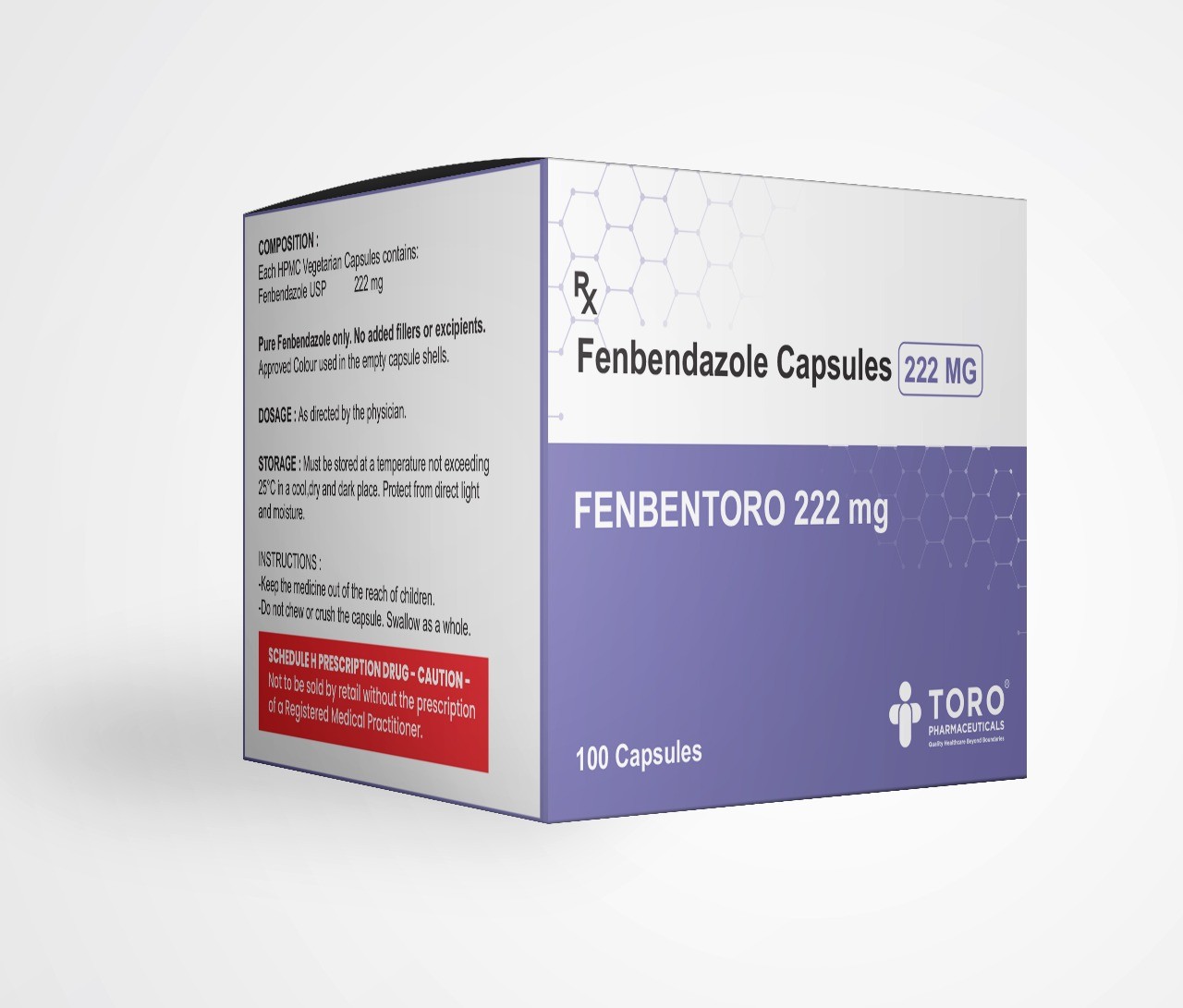fenbendazole: New Perspectives in Veterinary Oncology and Beyond
Wiki Article
Recognizing the Perks and Uses of Fenbendazole in Vet Medication
Fenbendazole has actually established itself as an essential anthelmintic in veterinary medicine. Its capability to target numerous parasitic infections makes it a beneficial tool for veterinarians. The medicine's system interrupts vital cellular procedures in bloodsuckers, bring about reliable treatment outcomes. However, its security account differs in between species, requiring careful consideration in its usage. Recognizing these dynamics can clarify fenbendazole's broader effects in vet treatment and ongoing research study into its potential beyond conventional applicationsMechanism of Activity of Fenbendazole

Common Parasitic Infections Dealt With With Fenbendazole
A selection of parasitic infections are efficiently treated with fenbendazole, making it a flexible option in vet medication. This anthelmintic agent is specifically reliable versus nematodes, consisting of roundworms and hookworms, which frequently impact pet dogs and felines. It is likewise made use of for the treatment of cestodes, such as tapeworms, supplying a wide spectrum of action versus both kinds of intestinal tract parasites. Furthermore, fenbendazole is advantageous in taking care of infections brought on by protozoa, particularly Giardia, which can result in stomach distress in pets. Its efficacy includes treating particular lungworms in dogs and felines, attending to respiratory wellness concerns linked to these parasites. Overall, fenbendazole's ability to target several parasitic types makes it a beneficial tool in veterinary method, making certain the health and wellness and well-being of animals influenced by these common infections.Security and Effectiveness in Different Animal Species
The safety and security and efficacy of fenbendazole vary among different animal varieties, highlighting the value of species-specific factors to consider in vet medicine. In pooches, fenbendazole is generally well-tolerated and reliable versus a series of intestinal parasites, consisting of roundworms and hookworms. For felines, however, its usage is less typical and might require cautious application due to prospective damaging responses.In livestock, such as cattle and sheep, fenbendazole demonstrates efficiency versus numerous endoparasites, contributing to improved health and productivity. The pharmacokinetics and potential side results can vary considerably in between species, necessitating mindful assessment by veterinarians.
Equines likewise respond positively to fenbendazole, especially for dealing with strongyles and ascarids, though dose and administration routes should be customized to their special physiology. Comprehending these distinctions is crucial for maximizing treatment end results and making certain animal welfare throughout varied varieties.
Administration and Dose Standards
Correct management and dose guidelines are crucial for maximizing the therapeutic results of fenbendazole while reducing possible adverse effects. The dose generally varies relying on the types being treated, the specific problem, and the formulation of fenbendazole utilized. 222 mg. For dogs and pet cats, an usual dosage is 50 mg/kg body weight, carried out daily for three successive days, however vets might change this based upon individual health and wellness assessmentsIt is essential to carry out fenbendazole with food to boost absorption and minimize stomach distress. The medication is readily available in different kinds, including granules and paste, permitting flexible management alternatives. Checking the animal's feedback throughout and after therapy is a good idea to validate efficiency and security. Furthermore, veterinary advice is vital to determine the appropriate duration of treatment based upon the sort of parasitical infection being attended to, assuring excellent end results for the animal's health and wellness.
Future Viewpoints and Research Study on Fenbendazole
Research study on fenbendazole remains to evolve, concentrating on its potential applications beyond standard antiparasitic uses. Recent research studies have explored its performance have a peek at this site in dealing with numerous forms of cancer cells, specifically in veterinary oncology. Preliminary data suggest that fenbendazole might inhibit the growth of growth cells and improve the impacts of various other chemotherapeutic representatives.Additionally, researchers are investigating its function in handling food poisonings in animals, highlighting its anti-inflammatory homes. The versatility of fenbendazole for various species questions about its safety and security profiles and ideal dosing routines in varied populaces.
As passion grows, there is a need for complete professional tests to develop evidence-based guidelines for these unique applications. Future study may additionally examine the devices More Info behind fenbendazole's effects, potentially leading the way for cutting-edge therapeutic methods in vet medication. The continuous expedition of fenbendazole can considerably boost treatment options for different vet conditions.

Often Asked Inquiries
Is Fenbendazole Safe for Pregnant Animals?
The safety and security of fenbendazole for expecting animals continues to be unpredictable. While some researches recommend minimal threat, veterinarians commonly suggest caution and typically encourage versus its use while pregnant unless the benefits clearly exceed prospective threats.Can Fenbendazole Be Utilized in Animals?
Fenbendazole is generally made use of in livestock to treat different parasitic infections. fenbendazole capsules. Its effectiveness versus stomach worms makes it a useful anthelmintic, adding to improved health and performance in pets increased for food and fiberWhat Are the Side Results of Fenbendazole?

The negative effects of fenbendazole may consist of intestinal disturbances, lethargy, and allergic responses. In unusual instances, more severe reactions could happen, requiring careful monitoring and appointment with a veterinarian during therapy.
Just How Does Fenbendazole Contrast to Various Other Dewormers?
Fenbendazole offers broad-spectrum effectiveness against different parasites, usually contrasting positively to various other dewormers. Its distinct mechanism targets various life stages, making it efficient, while typically providing a favorable safety account compared to choices offered on the marketplace.Can Fenbendazole Be Used for Treating Cancer in Family Pets?
The capacity of fenbendazole in treating cancer in family pets has gathered passion. Initial find this researches suggest it may inhibit cancer cell development, yet better research study is required to confirm its efficiency and security in veterinary oncology.Report this wiki page